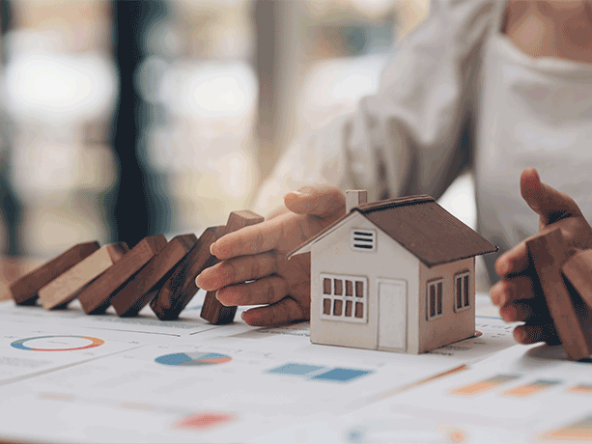In the dynamic world of property management, success is not a static achievement but a continuous journey. In an industry constantly evolving with market trends, regulatory changes, and technological advancements, property managers who prioritize continuous learning are better equipped to navigate challenges and unlock unprecedented success.
**1. Adapting to Regulatory Changes
One of the fundamental aspects of property management is adherence to ever-changing regulations. Federal, state, and local laws governing real estate are subject to frequent updates. Property managers need to stay abreast of these changes to ensure compliance and avoid legal issues that could potentially jeopardize the well-being of their properties and tenants.
1.1 Staying Compliant:
Continuous learning provides property managers with the necessary tools to stay compliant with the latest regulations. Regular updates on housing laws, rent control policies, and tenant rights empower property managers to make informed decisions, reducing legal risks and fostering a secure environment for both landlords and tenants.
**2. Embracing Technological Advancements
In the age of digitization, property management is increasingly influenced by technological advancements. From smart home systems to property management software, staying current with technological trends is essential for optimizing efficiency and providing a seamless experience for tenants.
2.1 Adopting Property Management Software:
Continuous learning allows property managers to explore and adopt advanced property management software. These tools streamline processes, enhance communication, and provide valuable insights through analytics. Efficiency gains from technology adoption not only save time but also contribute to higher tenant satisfaction and improved property performance.
**3. Enhancing Tenant Satisfaction
Happy tenants are the cornerstone of successful property management. Continuous learning enables property managers to understand evolving tenant expectations and implement strategies to enhance satisfaction, leading to improved tenant retention and positive word-of-mouth referrals.
3.1 Implementing Customer Service Strategies:
By participating in relevant courses and workshops, property managers can hone their customer service skills. Understanding and addressing tenant concerns promptly, implementing effective communication channels, and creating a sense of community within the property contribute to elevated tenant satisfaction levels.
**4. Optimizing Property Performance
Continuous learning goes beyond regulatory compliance and tenant satisfaction; it also plays a pivotal role in optimizing overall property performance. Property managers who invest in expanding their knowledge base can implement best practices and innovative strategies to achieve operational excellence.
4.1 Implementing Sustainable Practices:
As sustainability becomes a key focus in property management, continuous learning equips property managers with insights into green building practices, energy-efficient technologies, and waste reduction strategies. Implementing sustainable practices not only benefits the environment but also attracts eco-conscious tenants.
**5. Building a Resilient Business
In an industry susceptible to economic fluctuations and unforeseen challenges, the ability to adapt and thrive is crucial for long-term success. Continuous learning fosters resilience by providing property managers with the skills and knowledge needed to navigate uncertainties and seize opportunities.
5.1 Crisis Management and Planning:
Through ongoing education, property managers can develop effective crisis management plans. Whether facing a natural disaster, economic downturn, or a public health crisis, being well-prepared ensures a swift and effective response, minimizing disruptions and safeguarding property investments.
In conclusion, the role of continuous learning in property management cannot be overstated. From regulatory compliance and technological integration to tenant satisfaction and overall property performance, a commitment to ongoing education is the key to sustained success in this dynamic field. Property managers who prioritize continuous learning position themselves as industry leaders, adapting to change, and creating thriving, resilient communities.




